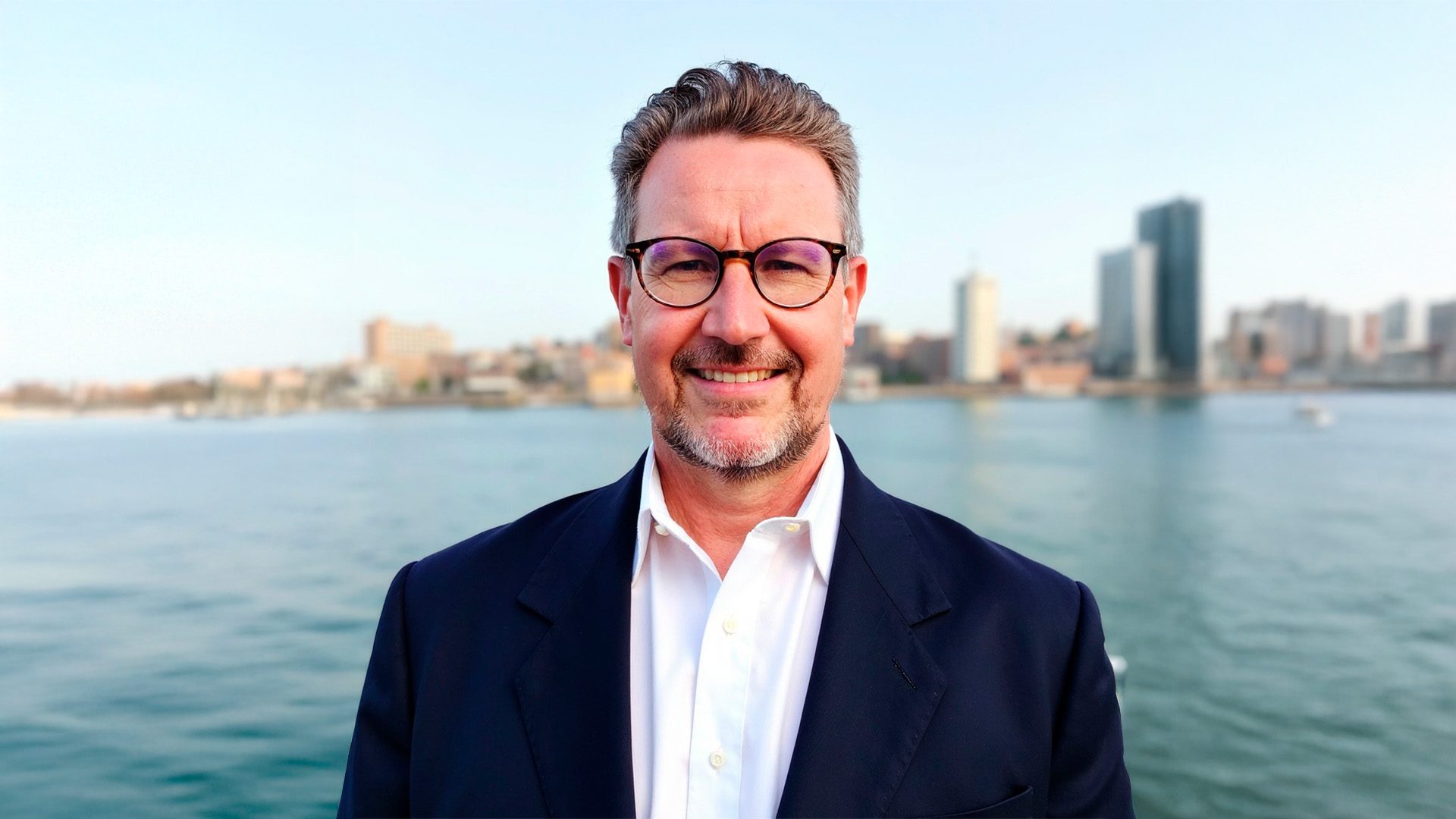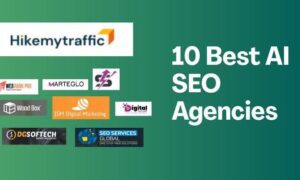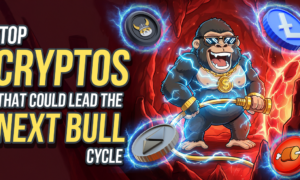Artificial intelligence and cloud computing dominate conversations about the future of technology. Christopher Whaling believes a more fundamental skill matters more: the ability to think critically. For Whaling, who has spent more than two decades leading intelligence, technology, and operations programs, the real differentiator for staying ahead is how individuals and organizations use their experiences and mental models to ask the right questions, and thereby make better decisions.
“The lesson I’d want a younger version of myself to hear is: learn how to think. Certifications, tools, and compliance frameworks don’t mean much if you’re not asking the right questions,” says Whaling, emphasizing that everyone has the capacity to convert their skills and experiences into positive impact if they learn how to think critically about them.
A Life Shaped by Global Experience
Whaling’s childhood experiences led him into a career as analysts, where he has developed models and tools for governments and enterprises facing high-stakes choices. Having grown up across five continents and lived through conflict before turning 17, he witnessed firsthand the devastating consequences of decisions made without sound reasoning. “I am very driven by finding the truth,” he says. “What makes truth, how it’s shared or hidden, and the implications of that have shaped everything I do.”
His work has spanned classified environments, early stage companies, and Fortune 500 programs. Across all of them, he has returned to the same principle: align data and technology to help leaders think more clearly about the risks and opportunities before them.
The Analyst’s Approach
“I am chiefly an Analyst,” Whaling says. “My background is in developing bespoke models that explain what’s important and why. At the highest level, it comes down to risk reduction or opportunity engagement.” Whether advising C-suite executives preparing for a board decision or helping a defense organization manage sensitive information, his role has been to build models that turn data into actionable intelligence that help clients turn strategic surprise into their advantage.
Transparency, or what he calls “intellectual honesty” is a big issue for Whaling. “In every engagement, I tell folks what I know, what I don’t know, and what I think,” he says. For him, acknowledging blind spots is as essential as presenting findings, and the only way to avoid costly missteps.
Beyond Compliance and Tools
In recent years, Whaling’s work has included cloud migrations, AI integration, and machine learning adoption in regulated spaces. These projects have served to highlight a recurring theme: tools evolve, but thoughtful, human management continues to rule. “AI and ML are designed to rewrite the rules,” he says. “The deeper question is how compliance, governance, and decision-making processes will adapt, and whether humans will stay in the loop.”
For him, emerging technologies are accelerators, not substitutes for human reasoning. They can make monitoring more efficient or uncover patterns in massive datasets, but without a disciplined analytic approach, they can just as easily amplify errors. “Technology comes with its own ecosystem,” he says. “It requires power, information, and above all, thoughtful human-centered management.”
Turning Experience into Impact
The focus on long-term impact for people, and society, guides Whaling’s work, right through complex compliance challenges, resource-constrained innovation, and advising leaders at the highest levels. It also points towards a future where human judgment will matter more than ever. “The tools around us are getting stunningly powerful,” Whaling says. “But it’s our commitment to careful thinking — and to humans flourishing — that determines whether we use them well.”
For more insights from Christopher Whaling, connect with him on LinkedIn.



































